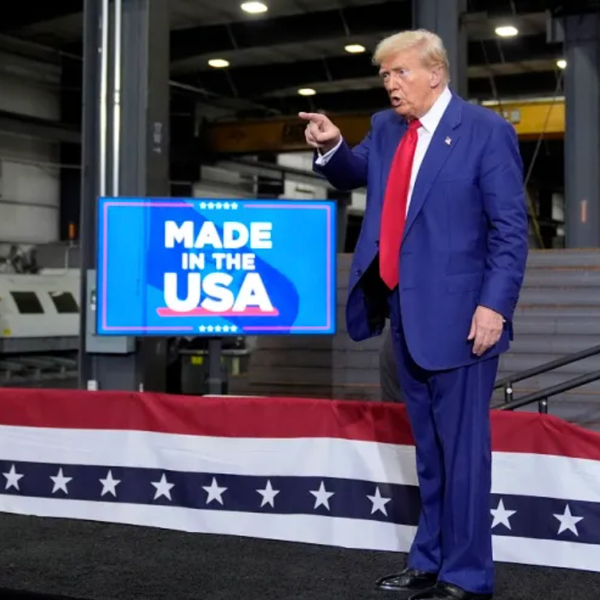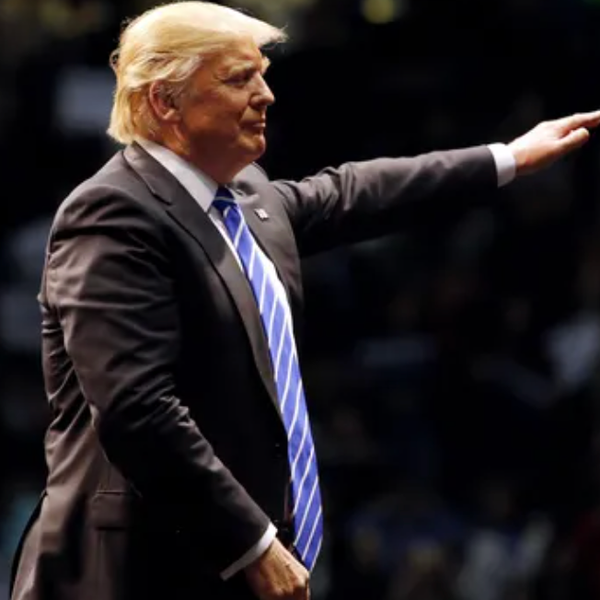
In response to terrorist threats, President Obama has done what he promised he would do. He has used unmanned predator drones to attack and kill al-Qaida operatives wherever they hide. National borders have not deterred him, nor have the complaints of presidents and strongmen who cannot or will not go after the jihadists who use their lands as training grounds.
During his first campaign, Obama’s rivals castigated him for that pledge, claiming he was naive or uninformed or delusional to think he could strike inside other countries. The president deserves credit for sticking to his commitment to decimate al-Qaida, for taking the fight to the enemy.
But Obama’s “targeting killing” campaign has a glaring flaw: It has remained shrouded in semi-secrecy, a classified program that flouts the full disclosure and public debate that democracy demands. The president has protected the United States from the murderous impulses of Islamists, but he has not defended the constitutional principles he is sworn to uphold.
Few outside a small group of committed civil libertarians have challenged Obama on his drone war. Nor has there been much complaint about the Obama administration’s retention of several extra-constitutional policies and procedures introduced by President George Bush. As long as the threat is abated, as long as 9/11 keeps receding in the national memory, it’s only too easy for most Americans to turn a blind eye, to keep their mouths shut, to believe these uncertain times call for extraordinary measures.
One of the problems with the advance of robotic weaponry such as unmanned aircraft is that it is anesthetizing, reducing U.S. casualties (a good thing), but also numbing us to the inevitable human toll of war (not so good). People die in war, and there is no way to guarantee that all of those we kill are our enemies.
But Obama’s GOP rival, Mitt Romney, is quite unlikely to chastise Obama over his aerial war. Romney has hired much of Bush’s old neoconservative foreign policy team, a group mired in resentment and envy that Obama brought Osama bin Laden to justice, not Bush. In an irrational effort to paint Obama as a weak commander in chief, Romney makes up threats (Russia), pledges to increase spending on a bloated military and castigates the president over Iran. Don’t expect Romney to act as a voice of restraint.
The president’s most disturbing decision was his apparent approval of last year’s deadly strike against Anwar al-Awlaki, an American who had taken refuge in Yemen to pursue his war against his homeland. Al-Awlaki was a genuine problem. His jihadist rants against the U.S. inspired the shooting spree by Nidal Malik Hasan, an Army psychiatrist who mowed down fellow soldiers at Fort Hood, Texas, in 2009.
U.S. intelligence officials claim al-Awlaki had gone well beyond mere rhetoric to providing operational support to his fellow terrorists, but he was still an American citizen who should have been given the full protections of the U.S. Constitution. (Two weeks later, his 16-year-old son, also a U.S. citizen, was killed in a drone strike.)
I have little use for Ron Paul’s politics, but he issued a principled criticism of al-Awlaki’s assassination: “If the American people accept this blindly and casually, that we now have an accepted practice of the president assassinating people who he thinks are bad guys, I think it’s sad.”
The New York Times has reported that Obama oversees a highly secret “kill list” compiled by his intelligence advisers, reserving to himself the right to decide which alleged enemy moves up into the crosshairs of those predators. I don’t envy the president the staggering burdens of his office, but the account was chilling.
A spate of recent news reports outlining Obama’s strategies to counter threats have prompted Republicans to complain of selective leaks designed to boost the president’s image, and a bipartisan array of senators has complained that the news stories compromise the effectiveness of those strategies. They want the leaks investigated.
The use of unmanned drones, however, is hardly a secret, despite the fact that the program remains classified. The public needs more information about the president’s drone war, not less. At the very least, the Obama administration ought to release the memos its lawyers have written to justify its “targeted killings.”
That would be a step toward the accountability that the citizens of a democracy deserve. After all, the Obama administration is carrying out its drone war in our names.
(Cynthia Tucker, winner of the 2007 Pulitzer Prize for commentary, is a visiting professor at the University of Georgia. She can be reached at cynthia@cynthiatucker.com.)








